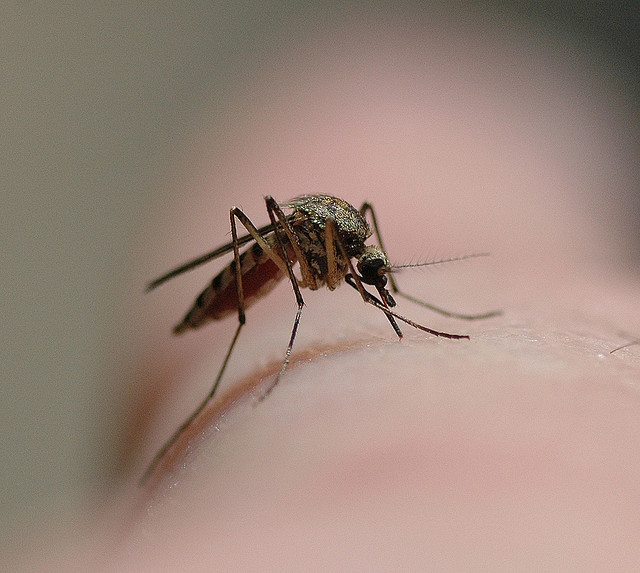
Flickr user mfophotos
Update April 30, 2012: Mosquito spraying will happen today. Areas slated for pest control are Socastee, Little River, Bucksport, and Galivants Ferry.
Aerial operations are from 7 p.m. until dusk, and ground spraying is from 7 to 11 p.m. Operation Bug Death™ will go from Monday through Thursday, weather permitting.
First Report: With the Spring and warm weather brings a few things to the area, pale Northerners ripe for a blistering sun burn and Mosquitoes. If you were out and about this weekend, you'l know that both are everywhere!
So, starting today, Monday, April 9th Horry County will begin to spray for those little blood suckers. Horry County will begin its aerial and ground assault in Longs Monday through Friday from dusk until 11:00 p.m.
SCnow.com has information to keep Honey Bee farmers in the area safe, as well as whom to call to request spraying in your area. Additionally, WMBF News has some useful tips and tricks on getting rid of not only mosquitoes but also common household varmints that pop up this time of year.
What chemicals are used agienst the little critters?
via, HorryCounty.org
Malathion is the chemical used to spray for mosquitoes in Horry County. Malathion is an insecticide used to control adult mosquitoes to prevent the spread of diseases and to improve the quality of life. Malathion does not accumulate to any significant extent in the environment. It degrades relatively rapidly. It's rate of degradation varies according to climate and geologic conditions, but there is no evidence from either field or labratory studies that suggest any accumulation in soil, water or air.
In 1975, the Environmental Protection Agency (EPA) reviewed malathion's impact on the environment and concluded: "Malathion, after more than 20 years of use for a variety of pest control purposes, has produced no apparent adverse effect on the environment or man." Malathion is applied Ultra Low Volume (ULV) by air at three fluid ounces per acre and by ground ULV at one ounce per acre. More than 20 years of experience confirms that these low levels of application provide a large safety margin for oral, dermal and inhalation exposure.
Last season was pretty bad for mosquitoes and this year is expected to be worse thanks to the warmer weather and the recent rains. We have information all about last years mosquito problems and Horry Counties efforts to fight them over on our Topic Page.